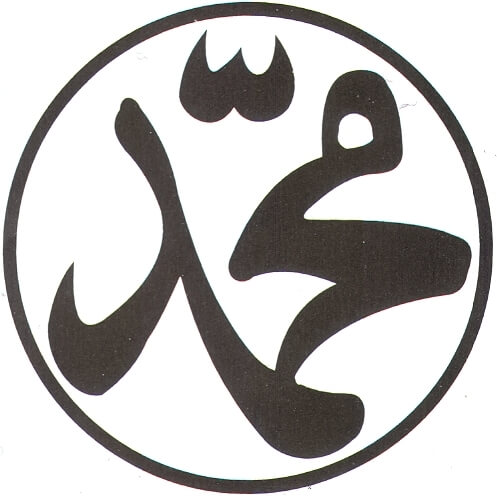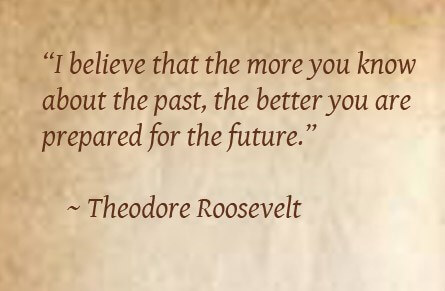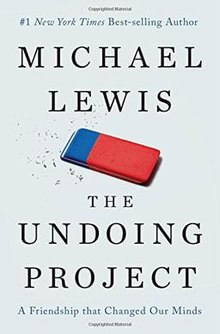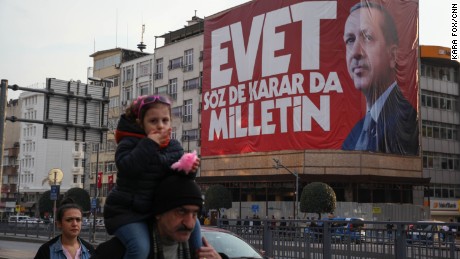
If you have not already watched “The Great Hack” on Netflix, I recommend you do so. Now.
Many of us are all too familiar with the scandal of how Cambridge Analytica used Facebook user data to influence (fix?) both the 2016 Brexit vote and then the US Presidential Election. The documentary, though, shows us the players almost in real-time as the scandal unfolds, making the story feel all the more powerful.
It puts to us the question as to whether or not we can ever have free and fair elections ever again?
Facebook, Google, Amazon etc are always watching and listening to everything we say and do and seem to be focussed far more on revenue and profits than any form of responsibility to society given their dominant positions. A clear example is Alexa, who listens to every word you say (not just when you ask her a question), with all of that going into the data storage at Facebook.
The fears expressed in The Great Hack are valid. However, given literally thousands of years of democracy in different forms, I am more optimistic than some about the future of not only free and fair elections but of the world evolving out of the current cycle of autocracy and inequality towards something more positive for people and planet.
History is a predictor of the future
A reductive and simplifying psychology trope is: “”The best predictor of future behaviour is … past behaviour”. A little oversimplified, but we can truly learn something about our behaviour individually and as a civil society from the lessons of the past.
As Theodore Roosevelt put it.

Everything goes in cycles
One of the benefits of age and experience is to have gone through cycles of various kinds and have the opportunity to learn from them. For me, I’ve seen multiple cycles in areas such as recessions, hurricane seasons, industry cycles, oil prices, stock market booms and busts.
Every time we have a peak or a trough we see people dive into the detail and predict how “this time it will be different”, yet though life is always changing, history teaches us that cycles happen.
Now, some cycles are frequent enough that we all understand them and are at ease and work with them. Dawn and dusk, weather seasons are simple examples.
Hurricane seasons are another. The global experts in extreme tropical weather have built models over time and look to have us understand that there are multiple weather-related cycles that repeat over different time frames, some as long as many decades. However, each hurricane season we tend to forget this and our cognitive biases and heuristics kick in.
Understanding that we ignore history and focus on “Facts” in the present

To that point, I’ve recently read “The Undoing Project” by Michael Lewis. Michael is a wonderful story-teller (eg The Big Short, Moneyball). This time he dives into the friendship between two men who together pretty much invented the field of behavioural economics, including creating the term heuristics, Dani Kahnemann and Amos Tversky.
I can simplify the definition of a heuristic to being a mental short cut we make to draw conclusions.
We can watch The Great Hack and conclude that we will never again have truly free elections, but are we again then ignoring history and making shortcuts in our thinking?
Consider that Facebook only began less than fifteen years ago. Yes the world feels like it is changing at warp speed, but there is much to learn from history, and the longer I am on this planet, the more I reflect on the fable of King Solomon’s ring and “this too shall pass“. If things are going wonderfully well, “this too shall pass”. If it is terrible, “this too shall pass”. The same applies here.
“We need to go back to 632AD”
In late 2017 I was in the audience of a discussion considering the near future of the Middle East. The crown prince of Saudi Arabia (known as “MBS”) was top of the news at that time as he appeared to be looking to modernise and liberalise things there (and it didn’t take long for the world to recognise that with this, “this too shall pass” applied too). An audience member asked: “what do you think will happen to the relationship between Saudi Arabia and Iran with “MBS?”
A particularly learned individual on the panel paused for a moment, then said:
“in order for me to answer you, we first need to go back to 632AD”
Now, this was a European/North American centric audience, so my sense is that few of them understood the history of that region, hence a number were bemused when he said that.
However, look at the image at the top of this article. Those of you who immediately thought to yourself “well, that is a symbol of the prophet” may have been holding that thought all the way to the point when you smiled as you read the date 632AD.
For others, 632AD marked the schism in Islam, ultimately to Shia and Sunni, hence understanding this history is vital to understand the drivers that would be involved in any answer as to what might happen in the near future.
So, the learned scholar took the audience back nearly 1400 years in order to predict the next year, so now let’s go back to the future of democracy and free and fair elections
Democracy and Turkey

In January 2019, the Economist Intelligence Unit ranked Turkey 110th out of 160 countries measured in their 2018 democracy index, noting: “Turkey’s score declined for the sixth year in a row as President Recep Tayyip Erdogan swept aside most constraints on his power.”
The photo above is of one of the many “Evet” (“Yes”) banners all over the country in 2017 for the constitutional banner, a time when “No” banners were almost invisible and “Yes” ones were everywhere.
Turkey is clearly well on the way to being an autocratic regime, and yet, in 2019, the mayoral election for Istanbul showed that, despite many autocratic tactics, democracy is alive and well in Turkey.
The mayoral election in Istanbul was of real importance, so when the ruling regime marginally lost (despite so many tactics to suppress a free and fair election), it was a real victory for democracy. The regime then found a way to force a rerun of the election, but when it happened, they then lost in a landslide.
Now, Istanbul is not only Europe’s largest city but also a truly ancient one. I can imagine the people there, even in the darker moments of facing an increasingly autocratic regime, may have even thought to themselves: “this too shall pass”.
So, whether you are in the USA, UK, Hungary, Turkey, Philippines, Brazil or any other country where the ruling regime feels to be verging on autocracy, my sense is not only that “this too shall pass”, but that the cycle will then swing the other way, to a more positive, fair and inclusive style of democratic leadership.
